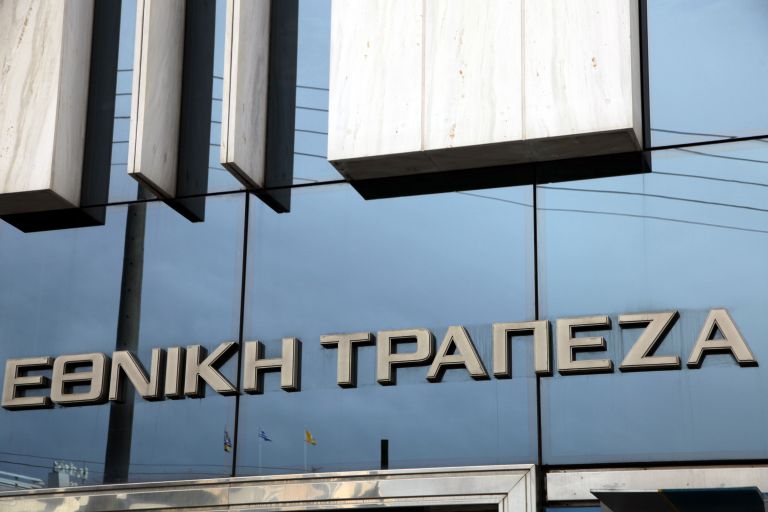American multinational investment bank Jefferies sees both opportunities and risks in European bank stocks, highlighting the National Bank of Greece (NBG) as a top pick in its “top five” due to its significant 10% payout and a CET1 ratio of 18%. In general, Jefferies believes Greek banks are relatively insulated, or essentially isolated, from the current tariff risks posed by the United States.
However, Jefferies emphasizes that recent developments in the U.S.—beginning with the November 2024 elections and even prior to them—could lead to an interesting outcome of “Making Europe Great Again” through deregulation and a partial reduction of tariffs within the EU, along with the unification of capital markets.
For banks operating in the markets, Jefferies notes that the end of the deflationary era, which was characterized by low volatility across most asset categories (bonds, currencies, and stocks), could present better revenue opportunities for this sector. There could also be additional opportunities for internationally active banks, given the need to finance the fragmentation of the supply chain.
In a negative scenario, Jefferies estimates that in the case of moderate growth or near-recession, the European banking sector would face a profit decline of around 10%. While the European banking sector is not without short-term risks—such as a 50% increase in credit costs, which would lead to a 5% reduction in pre-tax profits—the sector is less sensitive to asset values than it was three years ago. Thus, a 50 basis point lower-than-expected interest rate would have less of an impact than in the past.
Among its top picks, Jefferies lists BNP Paribas, Societe Generale, BBVA, Banco Santander, Lloyds, and National Bank of Greece, following recent weaknesses. Regarding stock selection, the firm views BNP Paribas as the “winner” in Europe.
Greek banks have emerged as champions in Europe across a range of crucial financial indicators, based on results for key figures of systemically important groups in the Eurozone for 2024, according to the European Central Bank (ECB).



